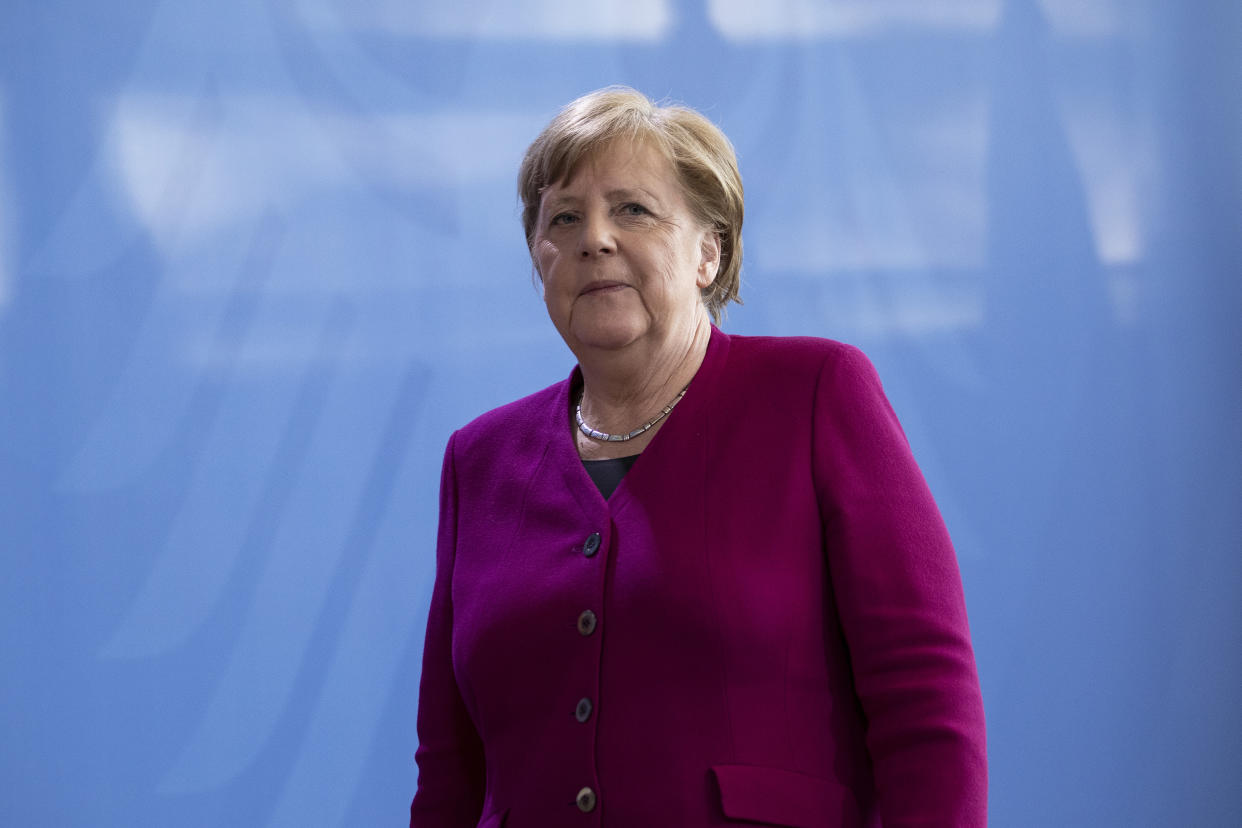Germany is not seeing rise in coronavirus cases after lockdown eased, scientist insists

Germany has not seen a rise in coronavirus cases after its lockdown was eased, a scientist has said.
It was reported on Tuesday transmission rates had increased from a reproduction number of 0.9 to 1.0, which meant an infected person would now infect one other person.
Lockdown restrictions in the country had been eased on Monday with smaller stores allowed to re-open, along with car and bicycle dealers and bookstores.
But Paul Hunter, Professor in Medicine, University of East Anglia (UEA), has stressed there has not been a rise in cases.
He said: “Despite suggestions that cases of COVID-19 have started to increase again in Germany following relaxation of its lockdown measures, this does not appear to be the case.”
Read more: Government has no idea how many people coming into UK have coronavirus

Prof Hunter added: “Yes Tuesday’s figures (1144) are up on Monday’s (1018). But this is almost certainly due to the weekend effect.
“Monday’s figures reflect results produced on Sunday when there is almost always a dip in numbers across most countries.
Latest coronavirus news, updates and advice
Live: Follow all the latest updates from the UK and around the world
Fact-checker: The number of COVID-19 cases in your local area
6 charts and maps that explain how COVID-19 is spreading
“Rather than look at individual days and make inaccurate conclusions it is always better to look at the smoothed data.
“I use a rolling seven-day average (the average value for the day in question plus the three previous and three days following).”
Read more: PHE medical director responds to claims grandparents can hug grandchildren safely
Prof Hunter said it was vital countries continued to monitor trends across Europe to determine how relaxing current social distancing measures affect control of the pandemic.
The UK has said it will study the situation in countries including Germany when it comes to lifting lockdown, amid reports that restrictions there could be tightened again to prevent another rise in cases.
Read more: Government announces 16 areas where there is still 'high availability' of tests
Mr Raab said it was vital the UK proceeds “carefully” in lifting lockdown measures as he pointed to the apparent rising transmission rate in Germany.
He added: “We mustn’t gamble away the sacrifices and the progress that we have made – we must continue to follow the scientific evidence and we must continue to take the right decisions at the right moment in time.”
Chancellor Angela Merkel has warned Germans to stay “vigilant and disciplined” to prevent a relapse of cases.
Coronavirus: what happened today?
Click here to sign up to the latest news, advice and information with our daily Catch-up newsletter

